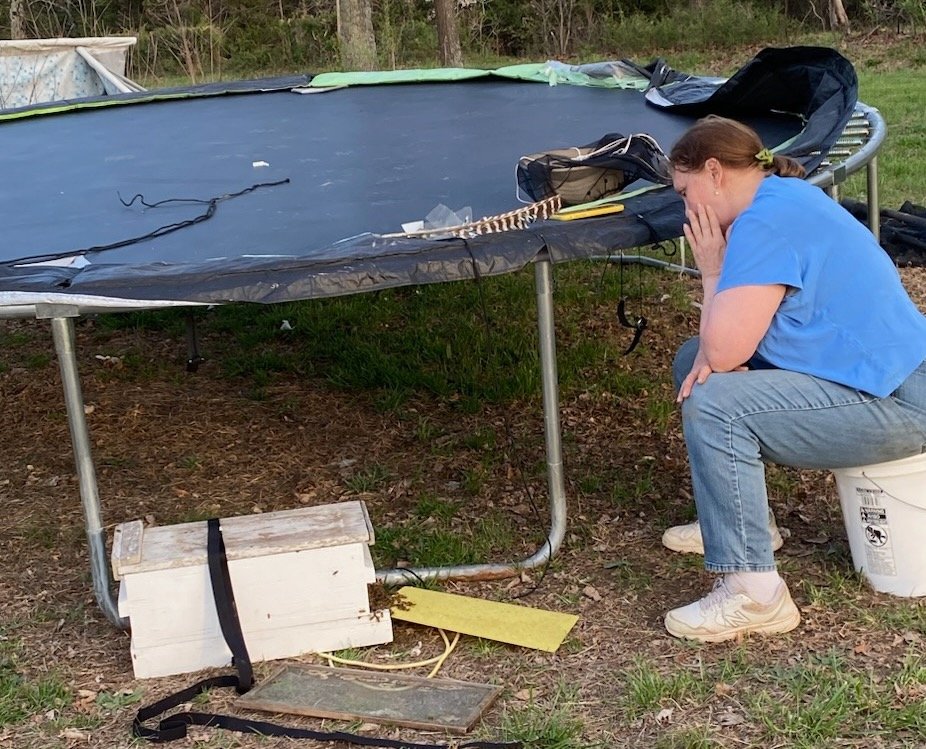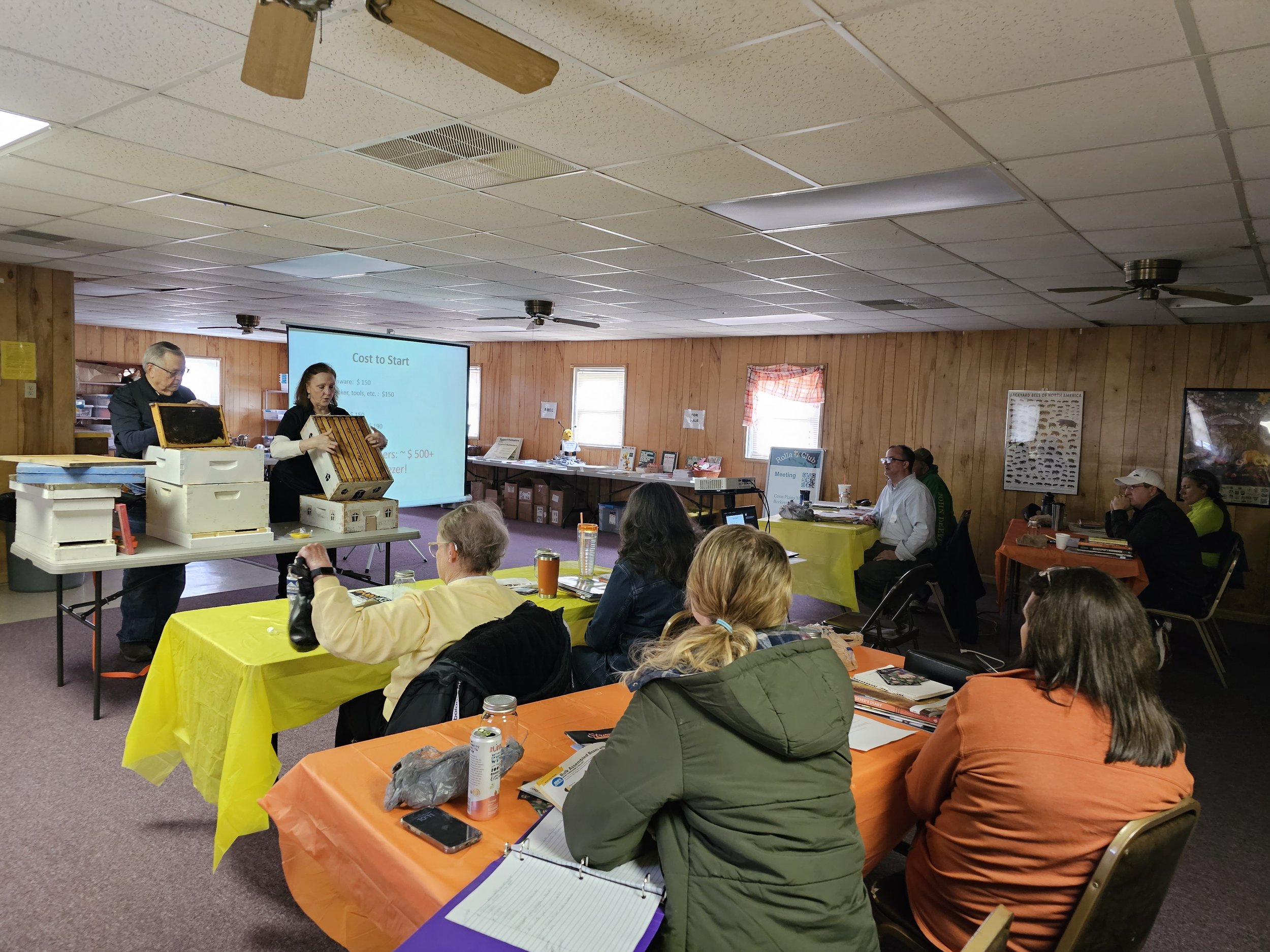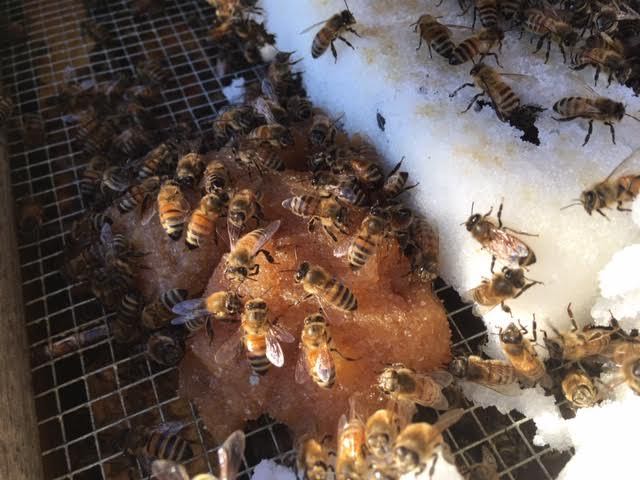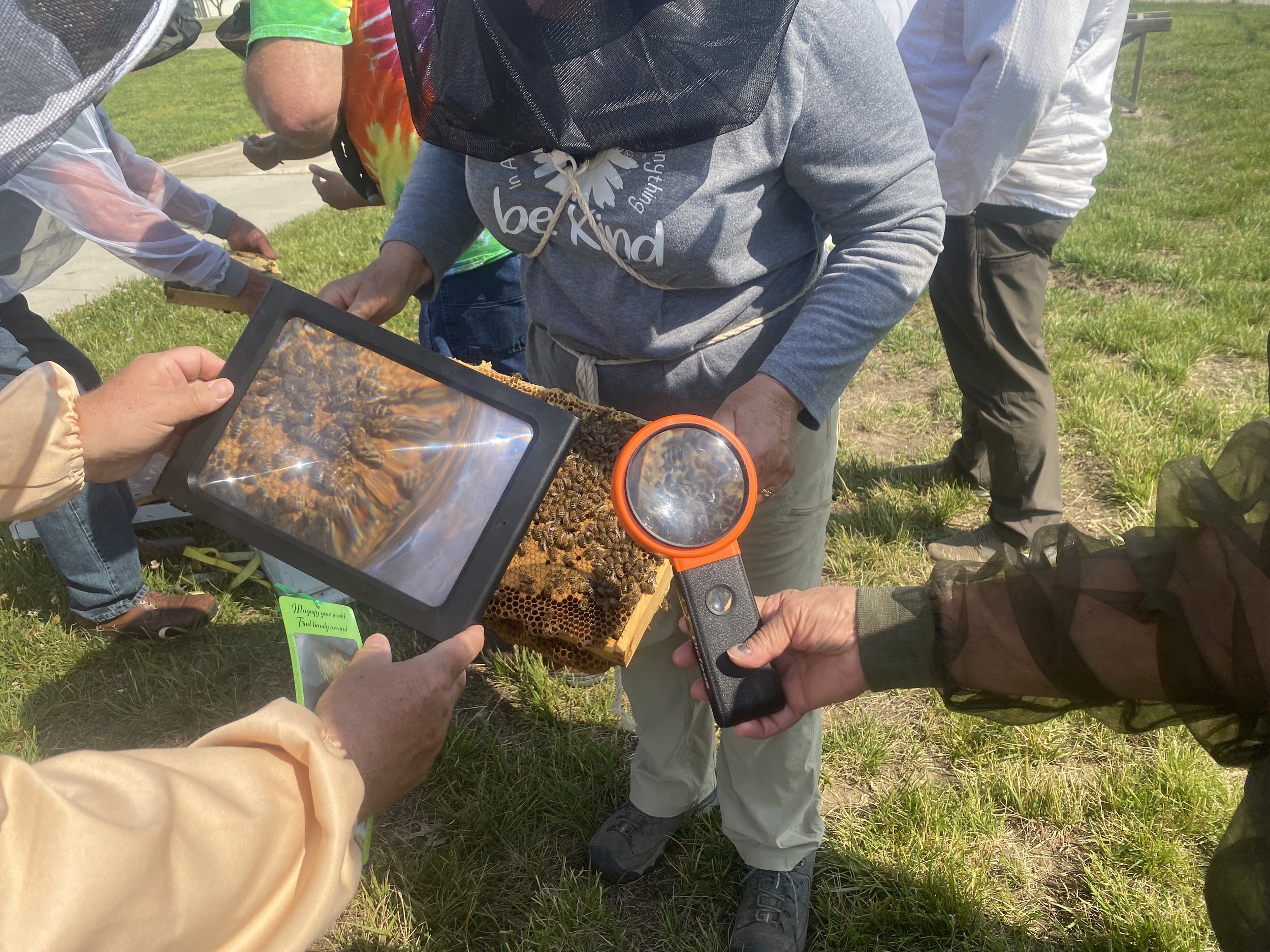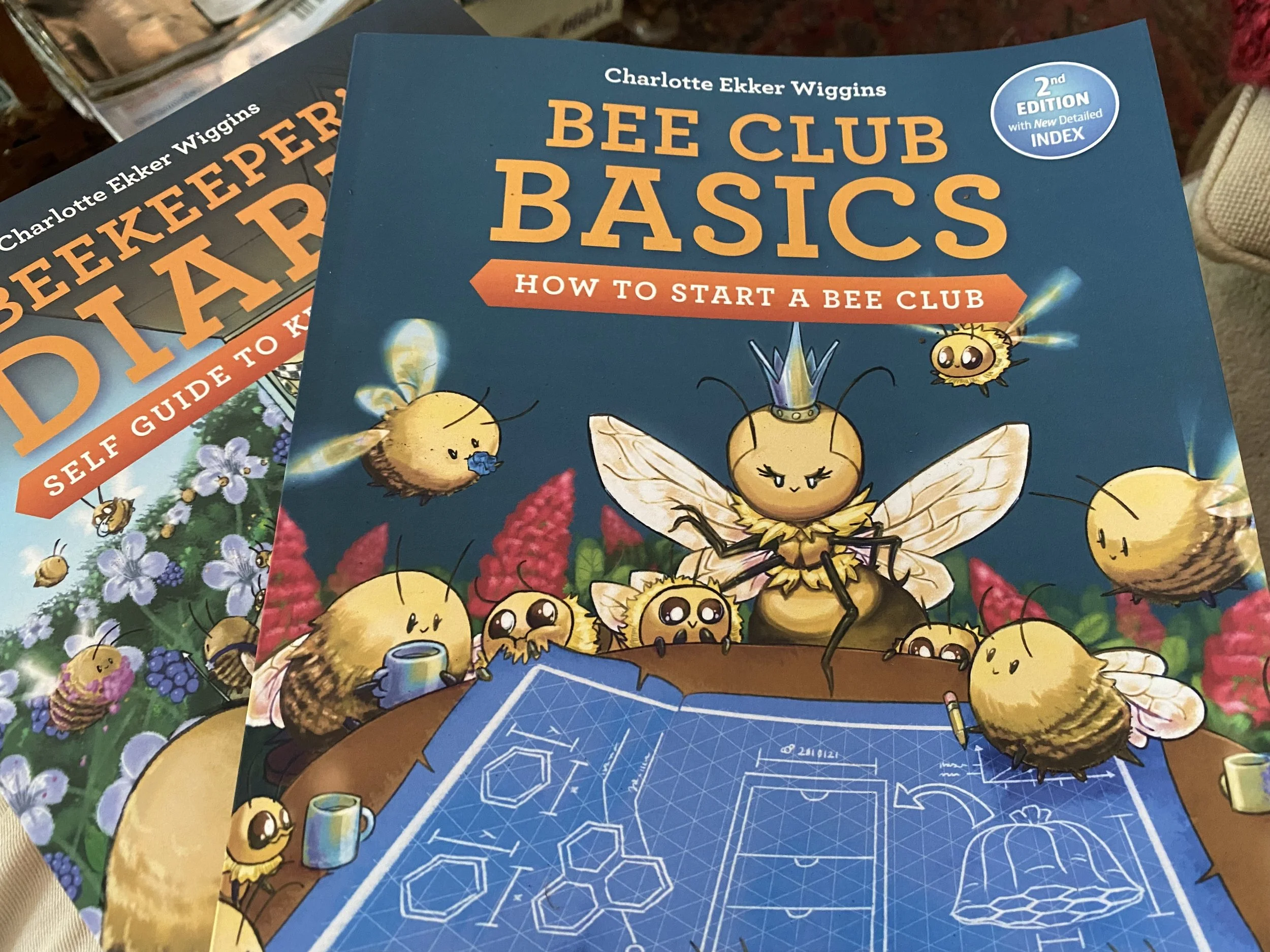Honey Laundering??
/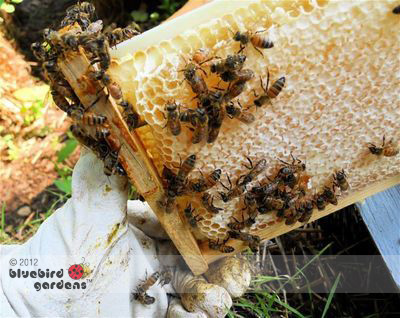
My friend Paul in Washington DC has a wacky sense of humor.
When he led one of his recent emails with "don't look now but your honey has been laundered," I thought he was sending me a link to some weird news story about a beehive making it through a car wash. The link was to Food Safety New's early November 2011 findings that 3/4rths of imported honey sold in grocery stores doesn't qualify as honey. As I understand the issue, it boils down to having detectable pollen, which means the honey source can be identified. In the U.S., the Food and Drug Administration says any product that's been ultra-filtered and no longer contains pollen isn't honey.
Ultra filtering is a high-tech procedure where honey is heated, sometimes watered down with corn syrup, table sugar or water; then forced at high pressure through extremely tiny filters to remove pollen, which is the only foolproof way to identify the honey source. It is a spin-off of a Chinese technique, who have "illegally dumped tons of their honey - some containing illegal antibiotics - on the U.S. market for years," according to Food Safety News.
When I first started beekeeping two years ago, I frankly had no intention of harvesting honey; I just wanted honeybees pollinating my garden. When one of my hives started making extra honey, I decided it was a good opportunity to harvest and I removed honey from one of my hives at three different times.
I chose to bottle the honey "raw," or uncooked, the way it comes straight out of the hive, to preserve healthy enzymes. Once stored in glass, some of the honey can become cloudy. Nothing wrong with the honey but we're used to buying the same-colored, cooked honey, which eliminates natural enzymes that reportedly help with developing immunity to allergies but keeps honey clear.
Honey can also be different colors depending on when it is harvested, and what kind of pollen bees have been bringing back to the hive. Early honey tends to be lighter; honey harvested later in the season tends to be darker and should have a different flavor.
In the Food Safety News study, all honey tested from farmer's markets and local beekeeping sources had the requisite amount of pollen in the honey. The bottom line is, if you want real honey, buy from a local beekeeper. Like so many other things, prices may be going up but at least you know you're getting the real thing and all benefits associated with it.
Charlotte

